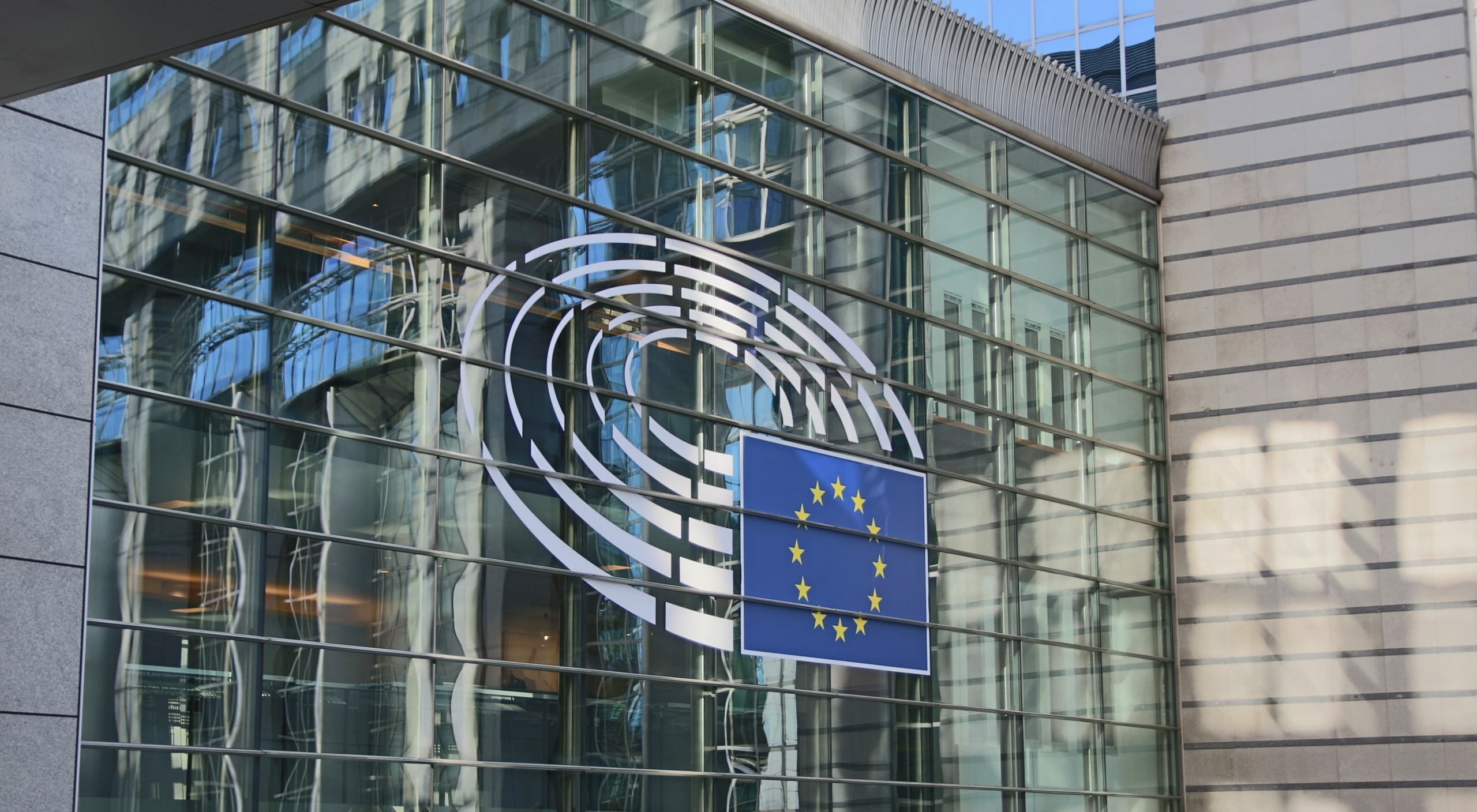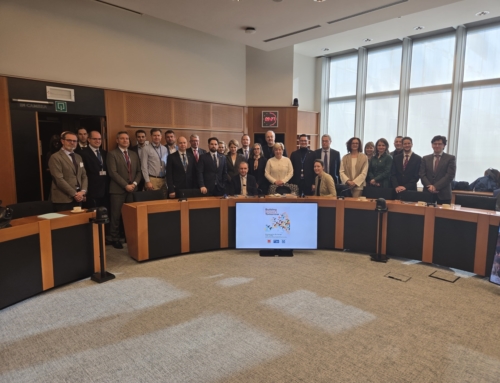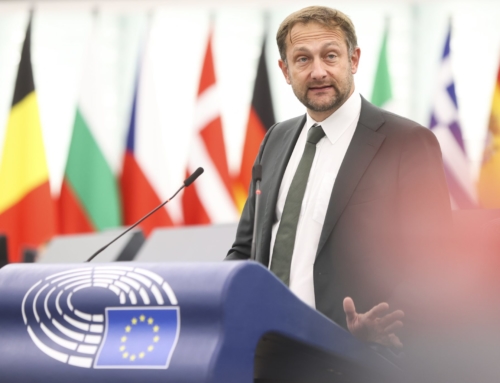Brussels, the 2nd of February 2024
European Parliament: MEPs have approved an extension to the current rules that allow for the detection of Child Sexual Abuse Material online. While the temporary extension is necessary, more long-term protections need to be won, with the backing of civil society and families’ organisations. The Civil Liberties Committee adopted this week its position on the extension of measures to protect children online by identifying and preventing child sexual abuse.
The President of FAFCE, Vincenzo Bassi, declares: “This extension to the current rules on protecting minors online is necessary and widely supported. The detection and prevention of abuse material needs long-term solutions. This is an urgent issue that cannot be be dealt with only through extending temporary measures. We hope that the extension will be followed by concrete action that does not require a dependence on temporary extension after temporary extension”.
The extension stands in derogation of EU legislation relating to online privacy, which expires in August 2024. On Wednesday the extension was approved with 43 votes in favour, 19 against, and 4 abstaining. MEPs also proposed another extension until 3 May 2025. MEPs underscored that the current rules cannot be extended any further, highlighting the need to approve permanent rules that contain prevention as a priority, as well as detection. The draft position will be declared at a plenary session of the European Parliament in February, as inter-institutional negotiations were passed with 49 votes in favour, 17 vote against, and 1 abstention. Negotiations can begin after full house endorsement.
FAFCE contributed to the public Consultation launched by the European Commission on this issue, on 12 September 2022. FAFCE welcomes the latest extension and reiterates its calls for the inclusion of age verification systems, and parental controls. FAFCE urges the EU institutions to consider the following steps: (i) a EU ban on po***graphy and (ii) the fight against the oversexualisation of children; (iii) further analyze the links between po***graphy consumption and child sexual abuse.
FAFCE recognises the current measures as non exhaustive, especially when considering that children’s exposure to po***graphy is already a form of online sexual abuse that our societies are tolerating: together with Pope Francis, FAFCE recalls that po***graphy represents an issue of public health and that “we would be seriously deluding ourselves were we to think that a society where an abnormal consumption of internet sex is rampant among adults could be capable of effectively protecting minors”.
A report published in 2022 by the Internet Watch Foundation denounces that the 62% of all the CSAM globally is traced to an EU member state. Moreover, the European Centre for Law and Justice (ECLJ) has recently published a new report denouncing that the production and consumption of po***graphy have exploited and that almost a third or all online searches are about po***ography.
Vincenzo Bassi calls for “parents and family organisations to be further included in the decision-making processes at the European, national and local levels. They hold the primary role in the education and the protection of their children. They should be empowered with effective information and training as the first step to protect children from sexual violence”.









